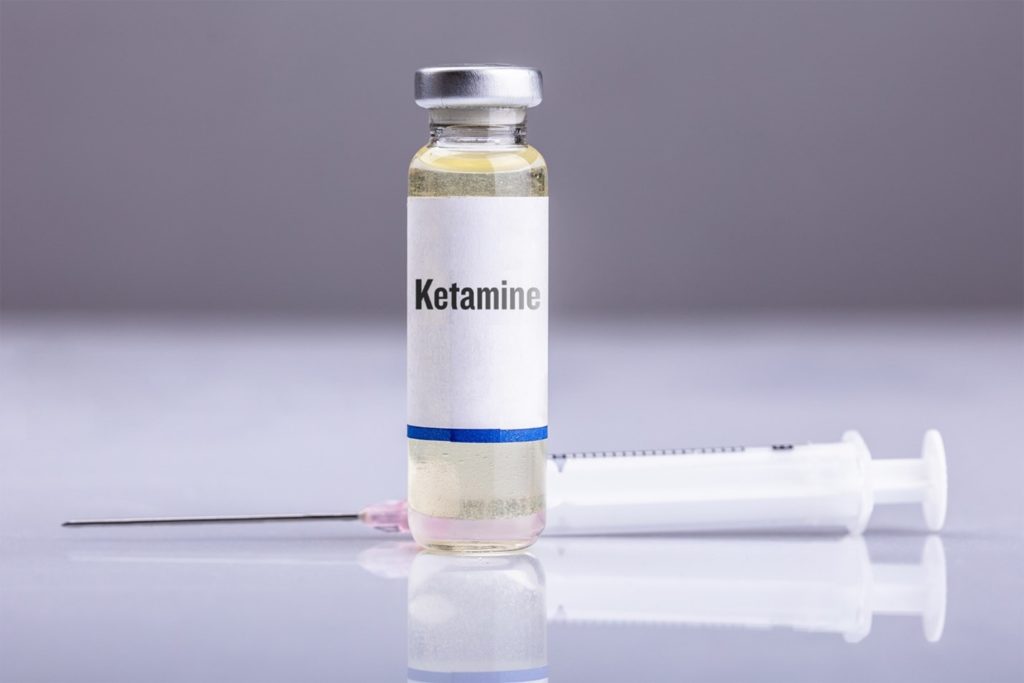Author: Steffie Bell for NuMed DPC
Ketamine, initially known for its anesthetic properties, has emerged as a versatile substance with potential therapeutic benefits. In this blog, we delve into the positive aspects of ketamine, recognizing its evolving role in mental health treatments, while also emphasizing the need for caution and the supervision of educated healthcare professionals, like with NuMed Direct Primary Care.
The Positive Side of Ketamine:
Revolutionizing Mental Health Treatment:
Ketamine has garnered attention for its potential in treating various mental health conditions, including depression, anxiety, PTSD, and chronic pain. Research suggests that ketamine, when administered in controlled and monitored settings, may offer rapid relief for individuals who have not responded well to traditional treatments.
Quick Onset of Relief:
Unlike traditional antidepressants that may take weeks to show effects, ketamine is known for its rapid onset of action. This speed can be crucial for individuals dealing with severe depression or suicidal thoughts, providing a faster path to relief and stabilization.
Potential for Treatment-Resistant Cases:
Ketamine has shown promise in cases where other treatments have proven ineffective. This breakthrough offers hope for individuals who have struggled to find relief through conventional therapies, providing a new avenue for those with treatment-resistant mental health conditions.
Enhancing Therapeutic Processes:
Some clinicians use ketamine as an adjunct to psychotherapy. The substance may facilitate a deeper and more productive therapeutic experience for individuals undergoing counseling or other forms of psychological treatment.
Risks and the Need for Supervision:
Potential for Abuse:
Ketamine is classified as a Schedule III controlled substance due to its potential for abuse. When not administered under proper medical supervision, there is a risk of misuse or recreational use, which can lead to adverse consequences.
Psychological Side Effects:
While ketamine has shown promise in mental health treatments, it can induce hallucinations or dissociative states. Without proper monitoring, these psychological side effects may pose risks, especially for individuals with a history of psychosis or other psychiatric disorders.
Medical Side Effects:
Ketamine, like any medication, can have side effects. These may include increased heart rate and blood pressure, dizziness, and nausea. It is crucial to have a qualified medical professional assess an individual’s medical history and monitor them during and after ketamine administration to mitigate these risks.
Importance of an Educated Healthcare Professional:
The key to maximizing the positive potential of ketamine lies in the hands of an educated and experienced healthcare professional. Only a trained and licensed practitioner can accurately assess an individual’s suitability for ketamine treatment, determine the appropriate dosage, and provide the necessary monitoring to ensure safety.
Conclusion:
Ketamine’s positive impact on mental health treatment cannot be ignored, offering hope for those who have exhausted other options. However, it is essential to approach its use with caution and under the guidance of a qualified healthcare professional. By understanding both the potential benefits and risks associated with ketamine, individuals can make informed decisions about their mental health journey, ensuring a balanced and supervised approach to treatment. Always consult with a healthcare professional to discuss individual circumstances and determine the most appropriate course of action. Learn more about our comprehensive ketamine therapy at NuMed Direct Primary Care.
















